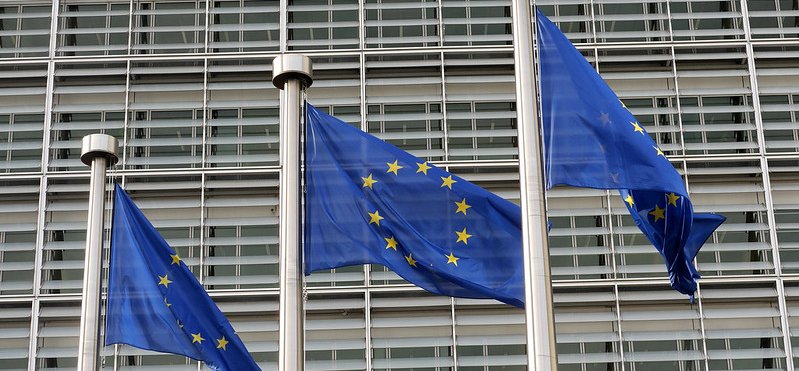A new Artificial Intelligence Council has been launched in Jersey to strengthen collaboration and coordinate the island’s approach to AI adoption. Led by Digital Jersey, the council seeks to bring together public and private sector initiatives to ensure AI technologies are used responsibly and effectively.
The council’s mission is to facilitate cooperation and knowledge exchange among key organisations, including the government, Jersey Finance, and the Institute of Directors. It aims to create a unified plan that draws on members’ expertise to maximise benefits while reducing potential risks.
Tony Moretta, chief executive of Digital Jersey and chair of the AI Council, said the island was at a pivotal stage in its AI journey. He emphasised that collective action could accelerate progress far more than isolated efforts across individual organisations.
Would you like to learn more about AI, tech and digital diplomacy? If so, ask our Diplo chatbot!









